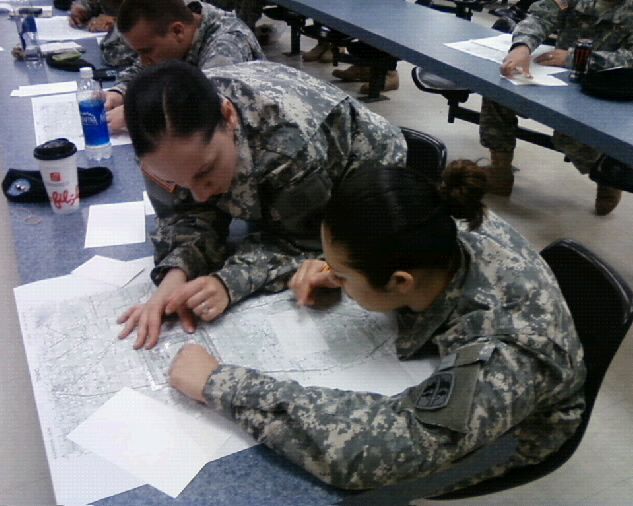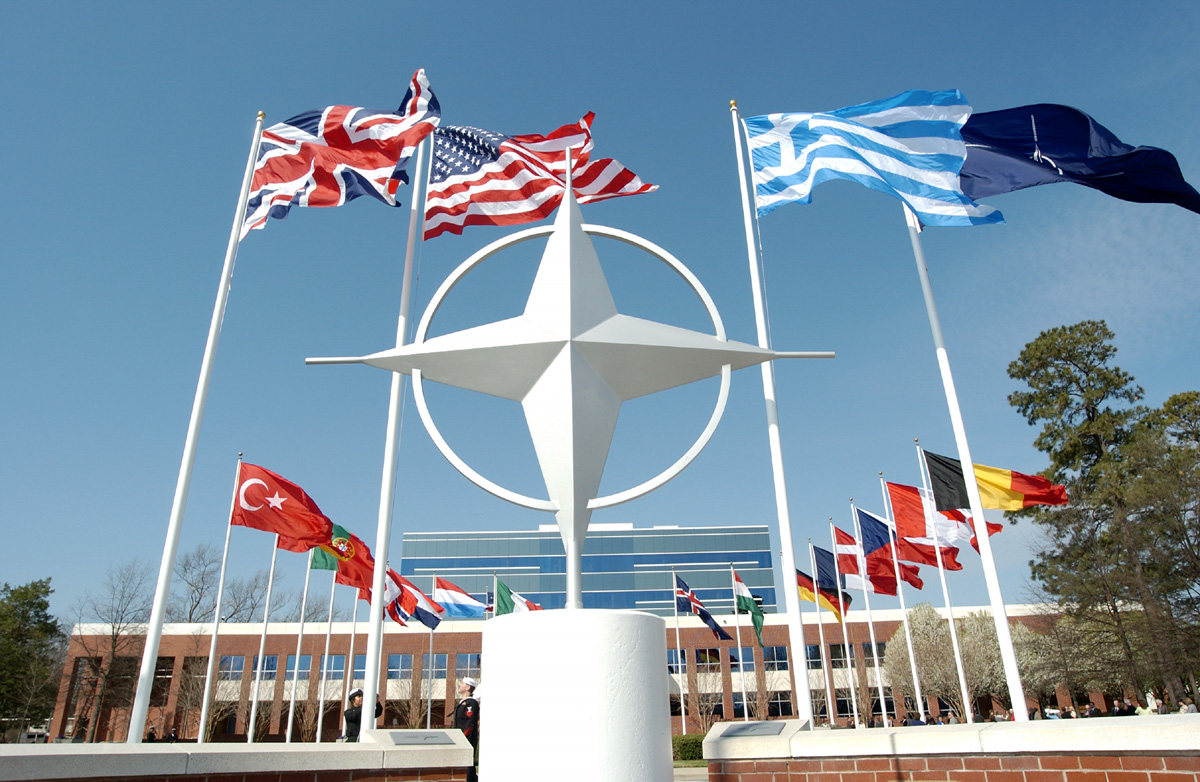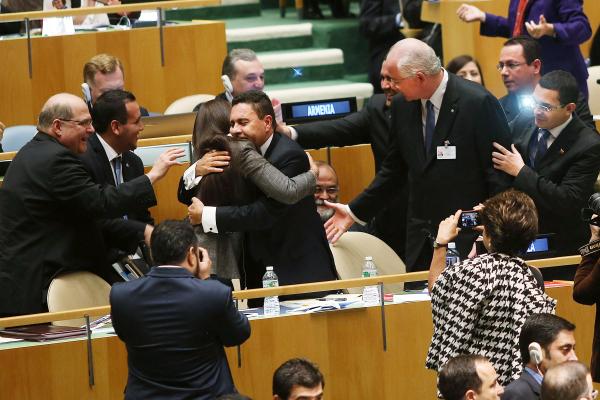Transitioning from its supreme role as the security guarantor of the world, Aaron Willschick discusses NATO’s participation in education and institutional reform in emerging countries with the Defence Education Enhancement Program (DEEP).
According to the latest annual report from NATO Secretary General Anders Fogh Rasmussen released in Brussels earlier this month, NATO received a request from the country of Uzbekistan for assistance with defense education in 2012. It may not be well known, but NATO has become very active in the field of education in developing countries over the last several years. The Alliance’s education and training programs provide a means for collaboration to build, develop and reform educational institutions in the security, defense and military domain of emerging countries. To many observers, initiatives such as this may come as a surprise, but it has provided NATO with a very important, albeit different role in today’s global security landscape.
NATO education and training has greatly expanded from what it once was. Historically, NATO education was focused on ensuring military forces from member countries could work together effectively in missions and operations. Today, NATO education and training functions have drastically expanded to the point that now the Alliance has a network of training schools and institutions, conducts regular exercises and runs training missions as far away as Afghanistan and Africa. A major component of NATO teaching is the broad range of courses and seminars offered on both strategic and operational issues. Although the courses differ, they tend to focus on knowledge and skills required by those who will occupy senior or specialized positions within the structure of the Alliance, or who hold NATO related posts in their home countries.
To support institutional reform and education, NATO has established the Defence Education Enhancement Program (DEEP). DEEP was first launched in 2007 with a program in Kazakhstan. Its chief purpose is to support NATO’s partner countries in their efforts to build, develop and reform the defense education and training institutions by providing curriculum building assistance and helping to improve learning methods. The key aspect of DEEP is the connections it facilitates between senior educators from defense education institutions in NATO countries and affiliated institutions such as the Partnership for Peace Consortium of Defense Academies and Security Studies Institutes, the George C. Marshall Center and the Bureau for International Language Coordination. Another key function of DEEP is in helping sustain regional stability through multinational education and research. The first ever NATO Clearing House for the Defence Education Enhancement Programme took place at NATO Headquarters on September 13 and 14, 2012. The meeting provided a forum for the discussion of how NATO partner countries can be supported in their efforts to strengthen defence education institutions.
Aside from Kazakhstan, there are currently five other DEEPs in operation in Armenia, Azerbaijan, Georgia, Moldova and Mauritania. DEEP is a prime example of the role that NATO should continue to embrace in today’s global landscape. With the Alliance no longer structured as a powerful defence organization, DEEP has become an important aspect of modernization and democratization in developing countries. Democratization and institutional education is a lengthy and complex process that often develops over a long period of time. Remarkably, this education has been accelerated to levels no one would have ever predicted, as evidenced by the institutional changes that have occurred in Central and Eastern Europe over the last twenty years.
The Defence Education and Enhancement Program stands out as one of the major reasons why NATO has remained a relevant international actor into the 21st century. Collective education and training has been ongoing since the inception of the Alliance in 1949, but never to this extent. If NATO can continue to develop DEEP and expand its functions to new places then it could well end up becoming the primary force for regional stability in the world. It is often overlooked or forgotten, but institutional change must come from within a country rather than be exported from other places. DEEP does well in providing assistance to shape the defence institutions of a developing country and has aided NATO in remaining a relevant, international actor.




